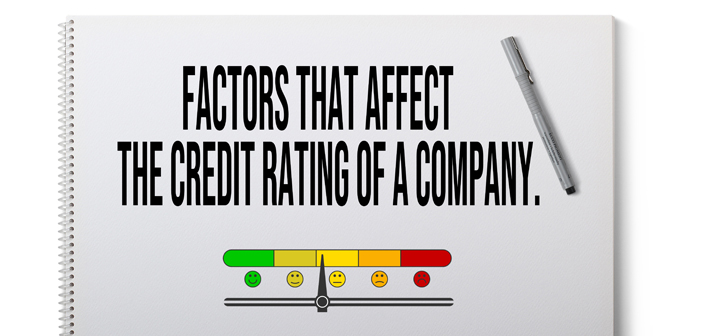Running and owning a business is difficult enough as it and managing business credit is one of the most important and challenging acts for small business owners.
For companies creditworthiness is determined by a number of factors. These include:
- Solvencywhen you have to look athow big the company’s debt is compared to its equity.
- Liquidityifthere’s enough cash flow to meet current and future obligations.
- The company’s projected sales trajectoryandhistory of prompt payment.
- Also looking at howthe wider sector or industry’sperforming.
- The amount ofcustomersa company has. Companies with many customers are considered more creditworthy than firms that depend on a small pool of clients and so are exposed to greater risk.
- Usingpersonal credit cards for business.
Let’s look at what are the other factors that affect the credit rating of a company
Multiple credit applications
Opening multiple credit card applications in the hopes of getting discounts or expanding your credit needs can be detrimental to your business credit score. The more applications you make, the more creditors will run credit checks, which could raise “Red Flags”. Avoid this, and make sure you do your research and only apply if it’s a good fit.
Transferring your balances
To acquire a high business credit score, you can pay off balances on your cards. But if you don’t have the required budget, paying more than the minimum will help improve your debt to equity ratio. Consider transferring balances to the card with lowest interest rates.
Keeping your financial statements up to date
Financial statements won’t directly affect your business credit score. But when seeking and evaluating credit options, lenders will check your claimed revenue against actual revenue, and any discrepancy could have an effect on your credit limits.

